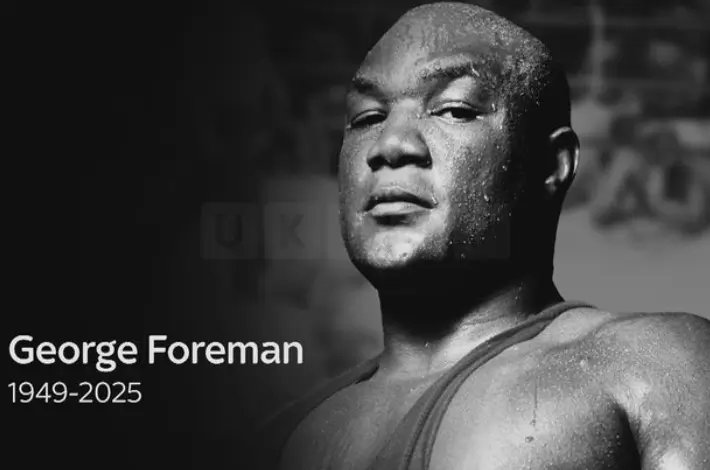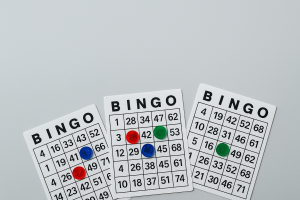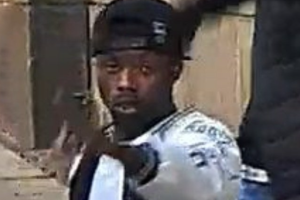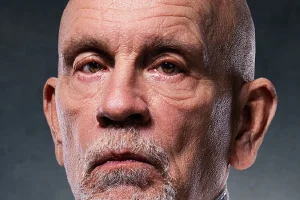George Edward Foreman, the two-time world heavyweight boxing champion, Olympic gold medallist, and entrepreneur behind the globally celebrated George Foreman Grill, passed away on March 21, 2025, at the age of 76.
Foreman died peacefully in a Houston hospital, surrounded by loved ones, leaving behind a legacy that spanned sports, business, and faith. His family announced the news via a heartfelt statement on Instagram calling him a “devout preacher, devoted husband, loving father, and proud grand and great grandfather” whose life was defined by “unwavering faith, humility, and purpose.”
A Storied Boxing Career
Born on January 10, 1949, in Marshall, Texas, Foreman rose from a challenging childhood to become one of boxing’s most formidable figures. His journey began with a gold medal win in the heavyweight division at the 1968 Summer Olympics in Mexico City. Turning professional in 1969, he stunned the world in 1973 by knocking out the undefeated Joe Frazier in the second round to claim the heavyweight title. The victory showcased his raw power, a trait that would define his career.
Foreman defended his title twice before facing Muhammad Ali in the iconic “Rumble in the Jungle” in 1974. Ali’s lightning-fast 1-2 combination—described by Foreman as “the fastest punch” he’d ever seen—handed him his first professional loss. After retiring in 1977 following a defeat to Jimmy Young, Foreman stepped away from the ring, only to return a decade later in a remarkable comeback.
In 1994, at age 45, Foreman reclaimed the heavyweight crown by knocking out Michael Moorer, becoming the oldest world heavyweight champion in history at 46 years and 169 days. He retired for good in 1997 with a record of 76 wins (68 by knockout) and 5 losses. His achievements earned him induction into the World Boxing Hall of Fame and International Boxing Research Organization’s ranking as the eighth-greatest heavyweight ever.
Beyond the Ring: Entrepreneurship and Faith
Foreman’s influence extended far beyond boxing. After a transformative “born again” experience in 1977, he became an ordained Christian minister, dedicating a decade to preaching before his boxing comeback. His entrepreneurial breakthrough came with the George Foreman Grill, launched in the 1990s. The lean, mean grilling machine sold over 100 million units worldwide, and in 1999, Foreman sold its commercial rights for $138 million. The product remains a household name, cementing his status as a savvy businessman.
His versatility shone through in other ventures too. Foreman served as a ringside analyst for HBO’s boxing coverage for 12 years until 2004 and authored several books, sharing insights from his multifaceted life.
A Balanced Legacy
Foreman’s story is one of triumphs and challenges. His knockout power—ranked ninth all-time by The Ring—and Olympic success brought global acclaim, yet losses like the one to Ali highlighted the unpredictability of the sport. As an entrepreneur, the grill’s success was unparalleled, though some critics noted its ubiquity overshadowed his boxing feats. His family accentuated his humanitarian efforts and discipline, qualities that earned him deep respect.
Public reaction on X reflected this duality. Fans praised his athletic and business achievements, with one user noting, “From the ring to the grill, Foreman did it all.” Others mourned the loss of a cultural icon, though some expressed frustration over unresolved questions about his health in recent years, with no official cause of death yet disclosed.
Data-Driven Impact
Foreman’s mark on boxing is quantifiable. According to the International Boxing Research Organisation, his 68 knockouts place him among the sport’s elite. The George Foreman Grill’s sales figures—over 100 million units—underscore its commercial dominance, a feat few athletes have matched off the field. Meanwhile, his 2002 ranking by The Ring as one of the 25 greatest fighters of the past 80 years affirms his enduring influence.
A Family’s Farewell
In their Instagram statement, Foreman’s family expressed gratitude for the “outpouring of love and prayers” while requesting privacy. They portrayed him as a protector of his legacy, fighting to preserve his name for his family—a testament to his character beyond his public persona.
Looking Ahead
Foreman’s death marks the end of an era, but his contributions endure. For those inspired by his journey, exploring his books or revisiting his fights offers a deeper look at “Big George.” His life, grounded in verifiable achievements and enriched by credible accounts from sources like The Ring and his family, remains a blueprint for resilience.
As the world reflects on Foreman’s legacy, his story invites us to consider: what’s next for the icons who follow? For now, his fans can honour him by celebrating a life well-lived—one punch, one grill, and one sermon at a time.







































